When Do You Need to Replace Brake Pads?
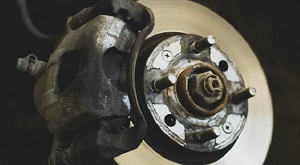
How Do My Brakes Work?
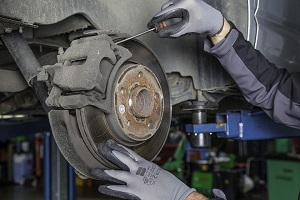
What to do When Your Parking Brake is Stuck
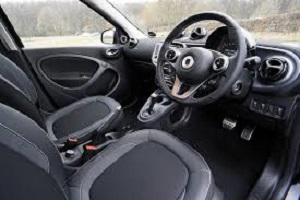
Winter is Coming
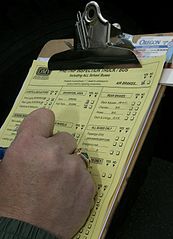
Don't Be Scared By Auto Repair - Fall Car Care Tips
 As Halloween quickly approaches, the spookiest time of the year is right around the corner with plenty of goblins and ghosts to frighten even the most cheerful souls. However, nothing is more frightening than unwanted vehicle malfunctions or foreseeable failures. Prevent excessive auto repair situations with useful tips on Halloween driver safety coupled with careful driving habits to keep any vehicle rolling through this season. Through proper maintenance and inspections, auto repair does not have to be scary; instead find safety in proper vehicle operations with improved handling, fuel efficiency and mobility.
As Halloween quickly approaches, the spookiest time of the year is right around the corner with plenty of goblins and ghosts to frighten even the most cheerful souls. However, nothing is more frightening than unwanted vehicle malfunctions or foreseeable failures. Prevent excessive auto repair situations with useful tips on Halloween driver safety coupled with careful driving habits to keep any vehicle rolling through this season. Through proper maintenance and inspections, auto repair does not have to be scary; instead find safety in proper vehicle operations with improved handling, fuel efficiency and mobility.Stay Ahead of Brake Repairs
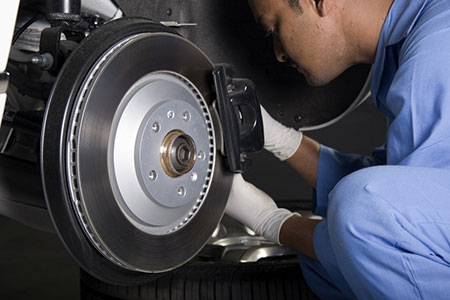
Staying current with brake inspection is imperative to avoid costly repairs or replacements. Most major malfunctions and repairs can be avoided with routine maintenance, coupled with driver awareness. Learn signs of needed brake repairs such as: noises, smells and other vehicle malfunctions. Through driver awareness of these symptoms, problems can be easily detected to prevent long-term damages. Use these following tips to detect early signs of needed brake repair and, when these signs appear, consult your auto repair specialist immediately.
Sound: Unfamiliar noises such as: squealing, rubbing, and screeching are typical symptoms of brake pad or brake shoe malfunction. Inspecting curious noises produced from brake systems should be addressed ...[more]
Do You Have Good Brakes?
 There are some things on your vehicle that you should have confidence in and never worry about. Is everyone buckled up? Do I have a full tank of gas? Your vehicle should make you feel safe and secure, and keep you and your loved ones safe throughout your travel. It goes then, without much, saying that you also need to be confident in your brakes. This function is the one thing keeping you out of harm’s way in the event of an accident or road hazard. Think about it, you do not want to find out in the middle of a busy highway when everyone has slammed on their brakes that yours have not been properly maintained or are failing. Knowing that your brakes are in great condition will keep you safe, and prevent a leading cause for many accidents on the road.
There are some things on your vehicle that you should have confidence in and never worry about. Is everyone buckled up? Do I have a full tank of gas? Your vehicle should make you feel safe and secure, and keep you and your loved ones safe throughout your travel. It goes then, without much, saying that you also need to be confident in your brakes. This function is the one thing keeping you out of harm’s way in the event of an accident or road hazard. Think about it, you do not want to find out in the middle of a busy highway when everyone has slammed on their brakes that yours have not been properly maintained or are failing. Knowing that your brakes are in great condition will keep you safe, and prevent a leading cause for many accidents on the road. 


